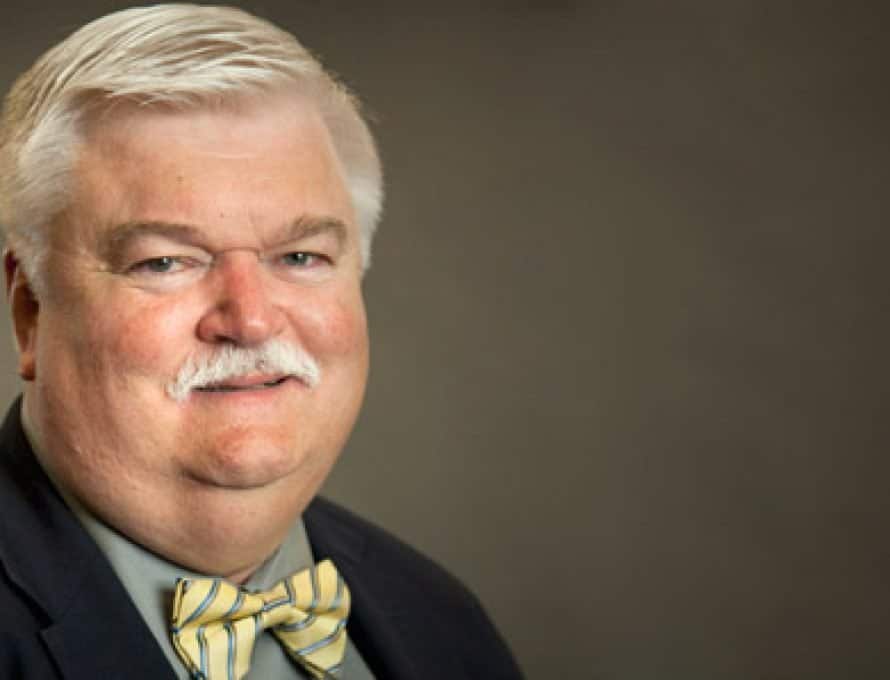April marks the anniversary of John Winthrop’s sermon delivered to his fellow Puritans aboard the Arabella before landing in the New World in 1630. Its most famous line was the modified words of Jesus designed for the occasion: “We must consider that we shall be as a city upon a hill. The eyes of all the people are upon us.” The phrase, “A city upon a hill,” comes from the parable of salt and light in Jesus’ Sermon on the Mount. In Matt. 5:14, Jesus tells His listeners, “You are the light of the world. A city that is set on a hill cannot be hidden.”
Winthrop’s words were – and remain – aspirational for the American experiment. It was echoed in a 1974 speech by Ronald Reagan. Interestingly, when Reagan gave his speech, he introduced three prisoners returned from the Vietnam War. Regardless of the view of the listener about the war, most everyone can appreciate the sacrifice of soldiers. It was Reagan’s way of illustrating the commitment to the “common good” that all three prisoners demonstrated.
This is the same point Winthrop was emphasizing when he posed a timeless question to the Puritans: How are people – rich and poor – to treat one another? His answer: people should live with the common good for society in mind. In other words, follow the command of Jesus to love our neighbor as ourselves.
Winthrop’s advice is as relevant today as it was 389 years ago. He urged the Puritans to show mercy by giving generously to those who had a need – without expecting repayment. He told them to lend fairly to those who wanted to borrow and had the means to repay. He said giving should not be motivated by the need, but by the love for the one needing. “Nothing yields more pleasure and content to the soul than when it finds that which it may love fervently; for to love and live beloved is the soul’s paradise both here and in heaven,” he said.
Winthrop then called the colonists to action. “We are a company professing ourselves fellow members of Christ.” He reminded them they should live “by mutual consent” and “the care of the public must oversway all private respects.” Winthrop said they should operate as the prophet Micah taught, “… to do justly, to love mercy, and to walk humbly with thy God.”
In was with these thoughts in mind that Winthrop delivered his famous quote that should pierce the heart of every American: “For we must consider that we shall be as a city upon a hill. The eyes of all people are upon us. So that if we shall deal falsely with our God in this work we have undertaken, and so cause Him to withdraw His present help from us, we shall be made a story and a by-word through the world.”
Winthrop then quoted Moses in Deut. 30: “Beloved, ‘there is now set before us life and death, good and evil,’ in that we are commanded this day to love the Lord our God, and to love one another, to walk in His ways and to keep His commandments and His ordinance and His laws, and the articles of our Covenant with Him, that we may live and be multiplied, and that the Lord our God may bless us in the land whither we go to possess it.”
He concluded with this timeless warning: “But if our hearts shall turn away, so that we will not obey, but shall be seduced, and worship other Gods, our pleasure and profits, and serve them; it is propounded unto us this day, we shall surely perish out of the good land whither we pass over this vast sea to possess it.”
As America murders the unborn, mocks God’s plan of marriage, celebrates the foul, the profane and neglects the hungry, homeless and naked, we are far from Winthrop’s idea. Our view of civil liberty means freedom to do as we please, not as we should.
Winthrop and Reagan were not the only leaders to warn Americans about unbridled human passions. In 1787, Benjamin Franklin emphasized the importance of a free people being a moral people: “Only the virtuous people are capable of freedom. As people become more corrupt and vicious, they have more need of masters.” In an Oct. 11, 1798, letter to the Massachusetts Militia, John Adams wrote: “Our Constitution was made only for a moral and religious people. It is wholly inadequate to the government of any other.”
Adrift from Winthrop’s words, we are a people in peril.

